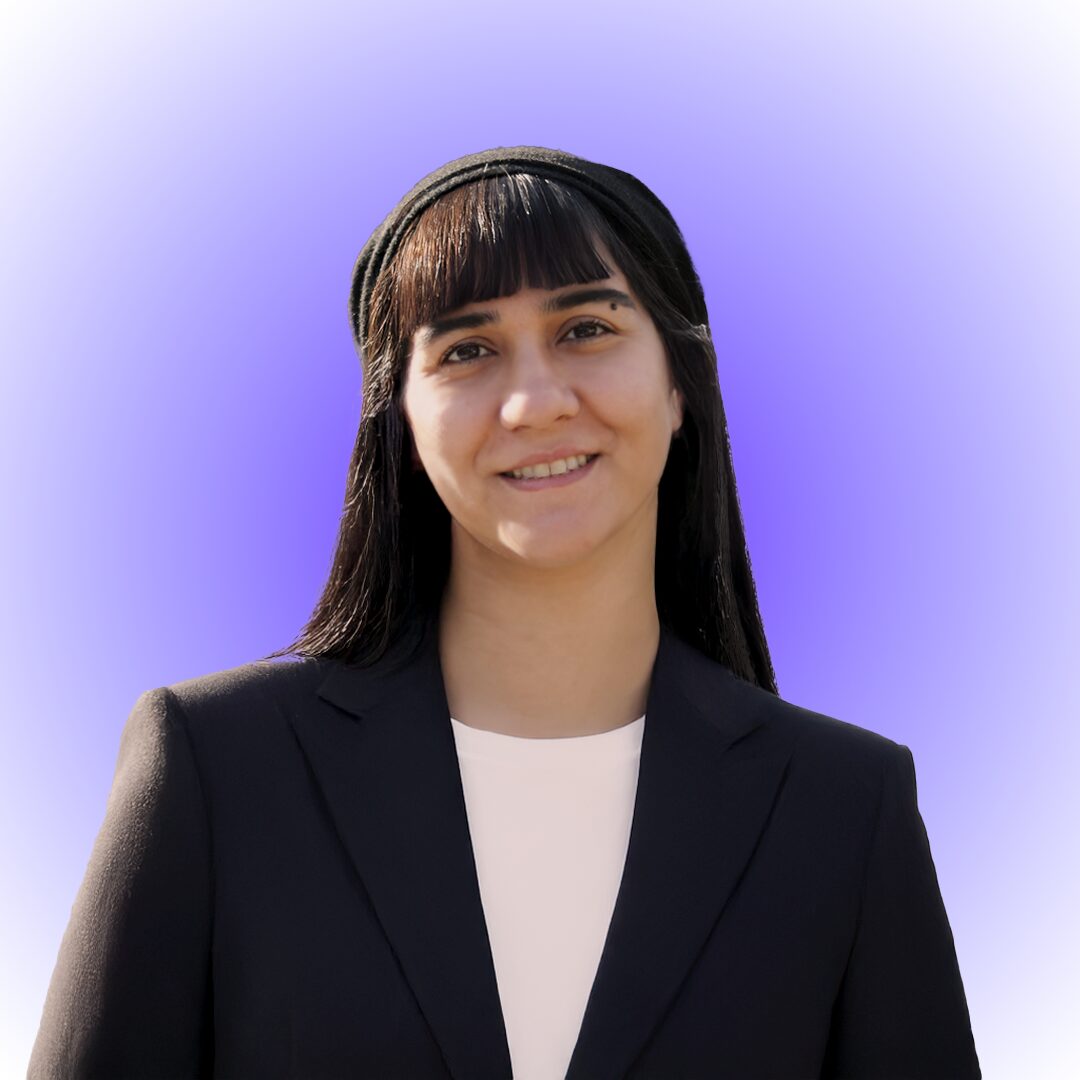

Today we’d like to introduce you to Ned (Neda) Shoaei.
Hi Ned (Neda), thanks for sharing your story with us. To start, maybe you can tell our readers some of your backstory.
I come from a multicultural background—born in Iran, moved to Canada as an infant, and later to the U.S. at age five. I was raised in a traditional family, but exposed to many different cultures early on. I’ve lived in countries across North America, Europe, and the Middle East. Traveling from a young age—both with and without—has always been a privilege and an eye-opening experience. That’s why when people ask, “Where are you from?” I say I’m a global citizen. I feel I belong to many places, and at the same time, to none.
I was always into art and science as a child—probably why I became a gamer, interactive designer, and creative technologist. The human side of things has always fascinated me. I’ve loved exploring history, literature, art, and philosophy since I was little.
At 17, I had a major MS attack that left the left side of my body paralyzed. Regaining movement in my hand, foot, and fingers was incredibly difficult. I went through long hours of physical therapy—just staring at my hand, hoping it would move. It didn’t, and that led to deeper fatigue and depression. My doctor later said I had likely been living with MS for years before my diagnosis, which made it pediatric MS. Being diagnosed that young shaped how I think about my art, design, and the way I communicate.
A funny thing—I used to tell my family I wanted to be a neuroscientist and draw paintings for my patients to help them heal. Now I’m doing something similar: designing therapeutic games and creating experiences for change.
I studied English Literature for my BA and started as a dramatic writer, artist, and multidisciplinary designer. My stories often focus on displacement, diaspora, post-colonialism, and how media evolved—especially through photography. I also write blogs on human-centered design in the age of AI and hyped technologies. I believe we all have a role in shaping tech toward human and planetary healing. Sustainability, ethics, and accessibility are values I hold close.
Now, I’m a creative technologist and game designer at SCAD, working at the intersection of XR, neuroscience, and storytelling. My MFA thesis, AlphaRise, is a brain-computer interface (BCI) game that helps people manage MS-related fatigue using neurofeedback. It’s deeply inspired by my own story—turning struggle into signal, and fatigue into a portal for growth.
The project is still early, but I’m proud of how far it’s come. I’ve always searched for holistic, creative ways to cope with pain, depression, and fatigue—and now, I’m turning that search into something others can use too.
We all face challenges, but looking back would you describe it as a relatively smooth road?
We all go through ups and downs, each with different tastes and colors. For me, the earliest struggle I faced was being away from my dad—and shortly after, my mom—for long periods. As a child of migration, constant traveling and displacement became a big part of my life. It made me feel lonely and distant from close friends or family. But it also gave me some strengths. I learned to rely on myself at a young age, became more independent than most kids my age, and developed a strong imagination. I spent a lot of time alone—reading, painting, and making up games. Not just video games, but role-playing, performing little TV shows, and mimicking my favorite cartoon characters.
Living with a chronic illness like MS at a young age also shaped many parts of my life—physically, emotionally, and socially. I had to leave school and go all-in on getting back on my feet, learning how to navigate this new reality. Doctors, nurses, and physical therapists became my daily circle. For a year straight, I barely had connections outside of that world, and it often felt isolating. One of my best coping mechanisms during that time was reading Harry Potter. I got lost in the world of Hogwarts, casting spells on my own fingers and imagining magic waking them up. That’s why I love Hogwarts Legacy—it feels like a return to something that gave me hope.
Another challenge I’ve faced is working as a professional artist and technologist as a woman. Whether I was in Iran, Turkey, Germany, or now in the U.S., I’ve felt the struggles and discrimination that women still face in education and work environments. But that never stopped me—it pushed me to act. I’m now the founder and president of the XR Women Student Chapter at SCAD. I first connected with this amazing organization in 2024 during the AWE conference in Long Beach, and I’ve been proud to be part of this empowering community ever since. Supporting women in tech and art around the world has become a core part of my mission.
Building a creative career while moving between countries, adapting to new environments, and starting from scratch again and again hasn’t been easy. I even lived apart from my husband for over a year during our migration journey. But now we’ve settled in Savannah, and I’m so happy we’re here together, building a life we both love.
Can you tell our readers more about what you do and what you think sets you apart from others?
I’m a creative technologist, game designer, and storyteller. I work at the intersection of art, science, and technology—combining XR, neuroscience, and narrative design to create experiences that are immersive, meaningful, and often therapeutic.
What sets my work apart is that it’s deeply personal. I’m not just building things for fun, beauty, or commercial use—I’m designing stories for underrepresented communities and building solutions I once needed myself.
I specialize in designing systems and stories that empower people—especially those who may feel invisible in mainstream narratives. Whether it’s managing MS-related fatigue through brain-computer interface games or designing narrative games that raise awareness about people living with visible and invisible disabilities, my focus is always on inclusion and impact. I’ve worked on smart hospital XR systems, contributed to therapeutic games for teens with ADHD, and created video art installations powered by AI. I also write about human-centered design in the age of hype-driven technologies.
One project I’m especially proud of is AlphaRise, my MFA thesis at SCAD. It’s a neurofeedback game I’m designing to help people with MS manage fatigue by training their brain using reinforcement learning techniques and a wearable EEG device. The goal is to turn struggle into play, and healing into something empowering and imaginative—not boring or overwhelming.
What keeps me going is the belief that technology can be poetic, personal, and inclusive—and that the future of design should be driven by care, not just code.
What does success mean to you?
Even in the darkest moments, I believe there’s always a reason to keep going. To me, success is believing in change, trusting the power of our minds to grow, and building a healthy relationship with ourselves. When you’re aligned with your values and uplift others along the way—that’s real success.
Pricing:
- Collaborations with clinicians and physical therapists – exploring VR and tech-based alternative therapy solutions
- Creative technology consulting – pricing based on project scope
- Speaking, mentoring, and workshops – pricing based on project scope
- Artistic direction and AI-integrated storytelling – pricing based on project scope
Contact Info:
- Website: https://www.nedzzone.com/
- LinkedIn: https://www.linkedin.com/in/nedshoaei/
- Twitter: https://x.com/NedzzoneXR
- Youtube: https://www.youtube.com/@nedzzonee
















